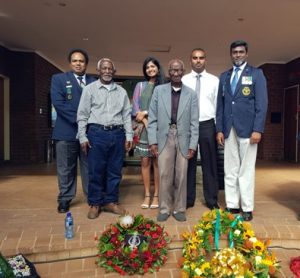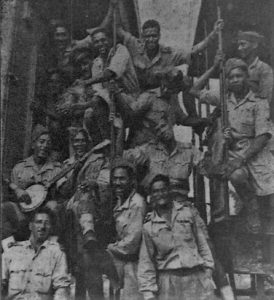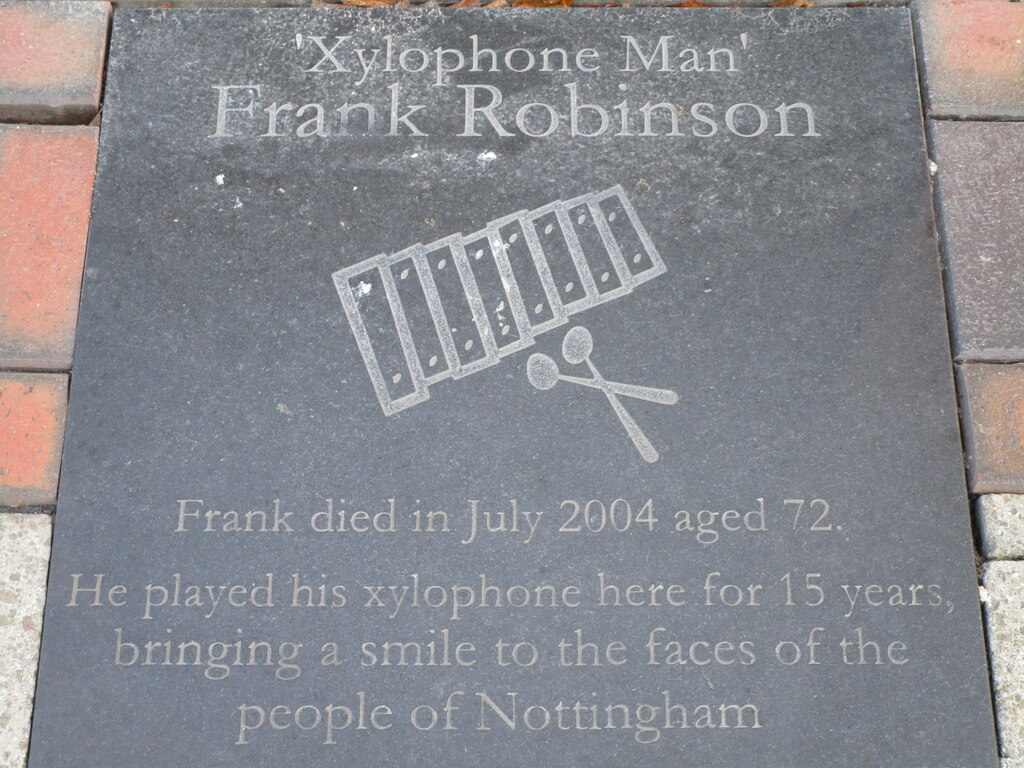I started my PhD journey in 2018, with much excitement and anxiety. I wasn’t sure of what to expect but I knew this is where I was meant to be. At the end of the road, I find I have had an incredibly meaningful and transformative experience. I have many friends and family to thank for it but my supervisor, Professor Joanna Lewis, is of course the beacon that guided me. She took me under her wing in 2015 when I started my Masters at LSE and I continue to benefit from her generous mentoring.
My project titled, ‘The Boys up North’, looked at the non-White South African soldiers in World War II, specifically the Cape Corps and the Indian and Malay Corps, and endeavoured to reconstruct their narratives and war experience. For this, I visited archives in London, Pretoria, Cape Town and Johannesburg. Despite the shadow of the pandemic, there were many highlights that I look back at fondly and with some degree of disbelief. The most noted moment of my journey was when I was taken into the South African Indian Legion circle and through them I had a chance meeting with two South African Native Military Corps veterans of World War II at a memorial service in Johannesburg.

It was surreal meeting them and in many ways they brought to life the men of my study. Non-White soldiers from South Africa were the only members of the British Imperial forces who did not legally have the right to defend their own person as they were not allowed to bear arms by the apartheid state. And yet, their participation was crucial to South Africa’s and the Empire’s war effort. They maintained crucial supply lines from South Africa all the way to Kenya, Egypt and the Middle-East, braving aerial bombing, land-mines, ambush attacks – many times with no escort and only spanners and wrenches to defend themselves. They were in the Italian peninsula as stretcher-bearers in 1944 when the fighting was heavy and casualties were high. They were also prisoners of war in Axis camps in Europe, some serving up to four years until liberation.

By the end of my degree, I had grown attached to the subjects of my thesis and I continue to wonder about their lot in life after the war. I have shared here an image here of a group of Cape Corps soldiers on a homebound ship at the end of hostilities, cheery and relieved. In some ways I share their emotions as I do feel like I have been on this journey with them.
Theirs was a story that deserved to be told and I hope I have played at least a small role in upholding their history and legacy.
Below is a poem penned by Pte C F du Preez, a soldier of the Cape Corps – a glimpse of the war in their own words.
Some months ago we heard the call,
We came as one – both great and small –
To do our bit and play our part,
Because we have no fear of heart.
–
We came to fight, to guard our shore,
This war of Briton and of Boer,
It’s for our children’s sake we came,
To keep the Cape Corps name from shame.
–
Our loved ones begged, they shed a tear,
‘Please stay at home dear, it’s hard to bear.’
We heed them not but forth we went,
It is alas just to repent?
–
We’re entrusted with Convoy Work,
And from our duty we’ll never shrink.
Over mountain and over hill,
Through the river, we go on still.
–
We work in rain, we work in sun,
By and of day our task is done.
Bespattered with mud, frozen with cold,
A song from our lips makes this gold.
–
Many a time the foe we fear,
But someone whispers, ‘God is near.’
A silent prayer keeps us from harm,
And once again our nerves calm.
–
Unarmed into these wilds we go?
On no, my friends, it is not so
For God’s our bomb, our gun, our Light,
He’s on our left and on our right.
–
When once again we reach our shore,
Hearts will be glad, Hearts will be sore
For many miles away some brave,
Lie buried in an unknown grave.
–
But the end will be glorious,
And we’ll come home victorious
Yes, we’ll win through this great war.
What then of us – Briton and Boer?
Source: Department of Defence Archives Pretoria, Union War Histories, Box 158, NAREP UNFO:12, Various ‘Praise’ Documents.






Many congratulations Dr Yadav. I would love to see the thesis. Will it become accessible online?
My amateur “hobby” interest: WW2, particularly POWs on all sides, but also other facets of, roughly, sociology of war.
My late father was one of the many SA 2nd Div Tobruk POWs: Benghazi, Italy, Breslau/Wroclaw, 800 km march. He wrote a manuscript (in Afrikaans) which I am currently preparing for online publication.
My late father-in-law was SA 1st Div and 6 SAAD (Italy till the end of the war there). From him we have many photographs, but little narrative apart from that which I could ferret out of regimental war diaries and his personal record of service.
Best wishes for the future.
Louwrens Pretorius, DPhil
Professor of Sociology, Unisa (Retired)